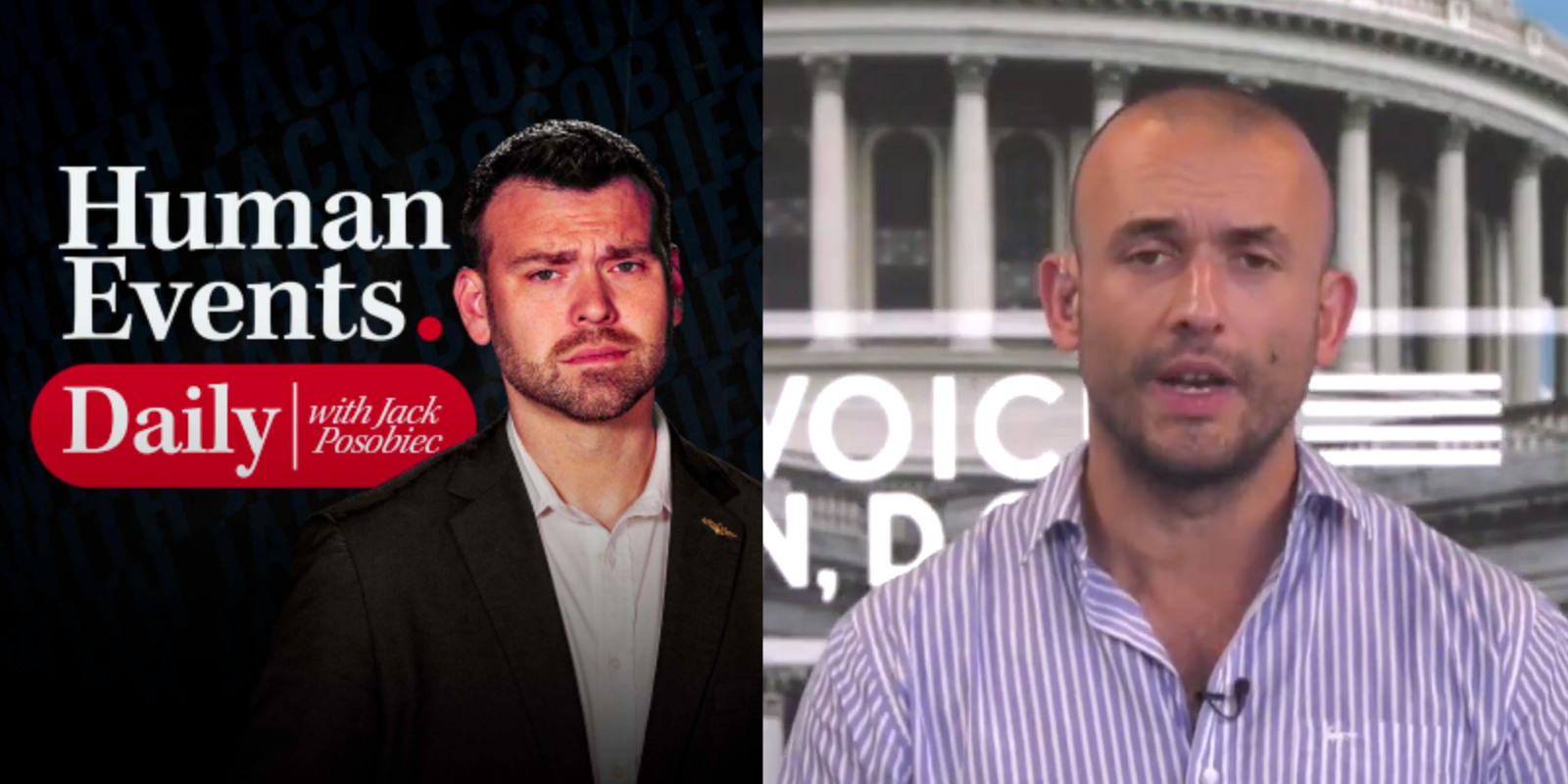From what I hear, some Republican viewers of MSNBC’s "Hardball" (a show on which I am a frequent guest) suspect that somewhere inside host Chris Matthews there is a conservative struggling to get out.
This well may be. Although that covert conservative hasn’t emerged yet, Matthew’s latest book, American-Beyond Our Grandest Notions, may have blown his cover just a bit.
An imaginative, sharply written, highly readable work, American is a series of sketches based on national archetypes that taken together paint an Impressionist’s portrait of the American character. It is a book about and for American patriots written by an American patriot.
Matthews’ key insight is that the creative product of American storytellers, such as novelist Scott Fitzgerald and moviemaker Frank Capra, tells us as much about our national identity as our historical myths and political leaders. The popularity of The Great Gatsby and Mr. Smith Goes to Washington is as intimately tied to our national character as our propensity to choose as our Presidents the cowboy, the warrior and the common man over the city slicker, the Washington insider and the East Coast elitist.
Matthews, a former Democratic operative, who in his youth wrote speeches for Jimmy Carter and flacked for Tip O’Neill, had the guts in his maturity to attack the legal and ethical misadventures of Bill Clinton on his nightly national television show.
By contrast, in American, Matthews pays homage to the humility and rectitude of our two greatest conservative Presidents, George Washington and Ronald Reagan. Reflecting on Washington’s decision to return to Mount Vernon after the Revolutionary War rather than make himself into an American Napoleon, and on Reagan’s decision to retire from public life by writing the nation a letter revealing he had been stricken with Alzheimer’s, Matthews writes: "Like George Washington, Reagan understood the value of reputation. An American President needs to act nobly, display a certain selfless disregard. Just as the first President earned his country’s honor with his willingness to surrender power, so Reagan showed his by his willingness to leave the public stage."
Much, but not all, of the iconography Matthews celebrates in this book penetrates beyond ideology to core American values. Among his fictional fascinations is the lonely hero Ethan Edwards, the John Wayne character in The Searchers, who spends five resolute years in pursuit of the Indian raiders who killed his brother and sister-in-law and kidnapped his young nieces. One of the real life heroes he plucks from the American pantheon is Charles Lindbergh, the daring pilot who thrilled the nation in 1927 by crossing the Atlantic alone.
Neither Edwards nor Lindbergh is a politically correct hero for the liberal elite. But, as Matthews correctly perceives, they are authentic and enduring American heroes nonetheless.
Matthews also embraces an ancient American value even some conservatives have forgotten: While we are a nation that is ferocious-indeed, undefeatable-in mortal combat when our vital interests are at stake, we do not seek out wars and will not long tolerate an unnecessary conflict. "This grand American notion of the reluctant warrior is a theme that we have treasured from our beginnings," he writes. From Washington to Eisenhower to Colin Powell even our greatest generals have been men of peace.
On the other hand, Matthews praises some leaders who, in my view, defy America’s greatest values and traditions. For example: "Franklin Delano Roosevelt," he says, "was the greatest President of the 20th Century . . ."
Phooey. Roosevelt was a silk-stocking Socialist who began the transformation of the United States from a nation of risk-taking pioneers, who struck out on their own, stood on their own, succeeded on their own, and raised their children on their own, while passing down to those children a moral vision of life that made possible the rugged individualism and individual liberty that remain the self-sustaining stuff of the American Dream. In its place, Roosevelt and his heirs have labored to build a nation of government dependents, making retirees slaves to Social Security and new immigrants suckling pigs at the tit of Big Government.
The FDR hagiography is a flaw in Matthew’s book and worldview, yet perhaps not a fatal one. Remember: Former Democrat Ronald Reagan retained an inordinate respect for Roosevelt even into his presidency. This may now be an unavoidable, virtually congenital, disability for some Americans-an infirmity that strikes in youth, leaving a mark even when the fever has lifted and the mind has cleared.





